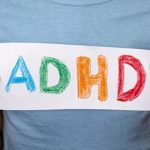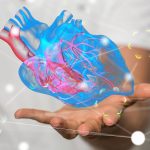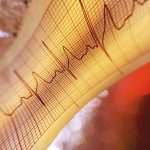
Prescriptions for attention deficit hyperactivity disorder (ADHD) medications spiked during the COVID-19 pandemic, a new government report shows. The trend may reflect both greater awareness among adults of ADHD symptoms and increased stress driving people to get the care they need. “This report shows there is this growing population of adults who have been diagnosed with ADHD, and there is need for support for this population,” lead study author Melissa Danielson, a statistician with the U.S. Centers for Disease Control and Prevention, told NBC News. Prescriptions for ADHD have been increasing since 2016, according to the CDC researchers, who used insurance data on prescription medication for that year through 2021 in people ages 5 to 64. The study, published March 31 in the CDC publication Morbidity and Mortality Weekly Report, noted that prescriptions filled for stimulant medication increased to 4.1% in 2021 from 3.6% in 2016 among those enrolled in employer-sponsored insurance. The increase was even more pronounced in certain age groups: Among adolescent and adult females ages 15 to 44 and males ages 25 to 44, prescriptions grew 10% from 2020 to 2021. They also rose nearly 20% among females in an even narrower age range, 20 to 24. The medications tracked in the analysis were stimulants sold under the brands Dexedrine and Adderall, methamphetamine under the brand Desoxyn, and methylphenidate, known as Ritalin.… read on > read on >
























-300x200.jpg)













